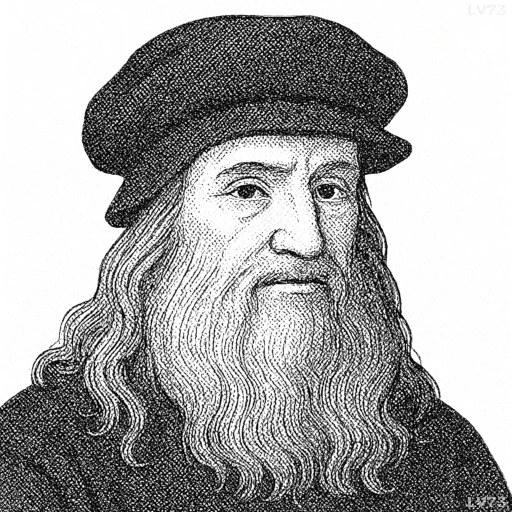“I have been impressed with the urgency of doing. Knowing is not enough; we must apply. Being willing is not enough; we must do.”

- April 15, 1452 – May 2, 1519
- Italian
- A versatile man (painter, sculptor, architect, inventor, scientist, etc.)
table of contents
Quote
“I have been impressed with the urgency of doing. Knowing is not enough; we must apply. Being willing is not enough; we must do.”
Explanation
This quote emphasizes the idea that knowledge alone is not enough to bring about change or success. It’s about taking action, applying what you know, and following through on your intentions. The key message here is the importance of execution—without action, knowledge and willingness are merely concepts that lead nowhere.
In historical context, this idea has been a fundamental theme throughout human progress. Many philosophers, scientists, and leaders have emphasized that theories and ideas must be put into practice to have any real impact. For example, in the Renaissance, figures like Leonardo da Vinci and Galileo Galilei didn’t just theorize about the world; they actively engaged in experimentation and invention, leading to tangible advancements.
Today, this principle applies to many aspects of life, whether in personal development, business, or technology. In the world of startups, for example, countless ideas never see the light of day because people fail to act on them. It’s not enough to have a great idea; the ability to execute and take consistent action is what separates successful entrepreneurs from those who never make an impact. Similarly, in everyday life, knowing what to do is not enough—we must take action to turn our goals into reality.
Would you like to share your impressions or related stories about this quote in the comments section?


